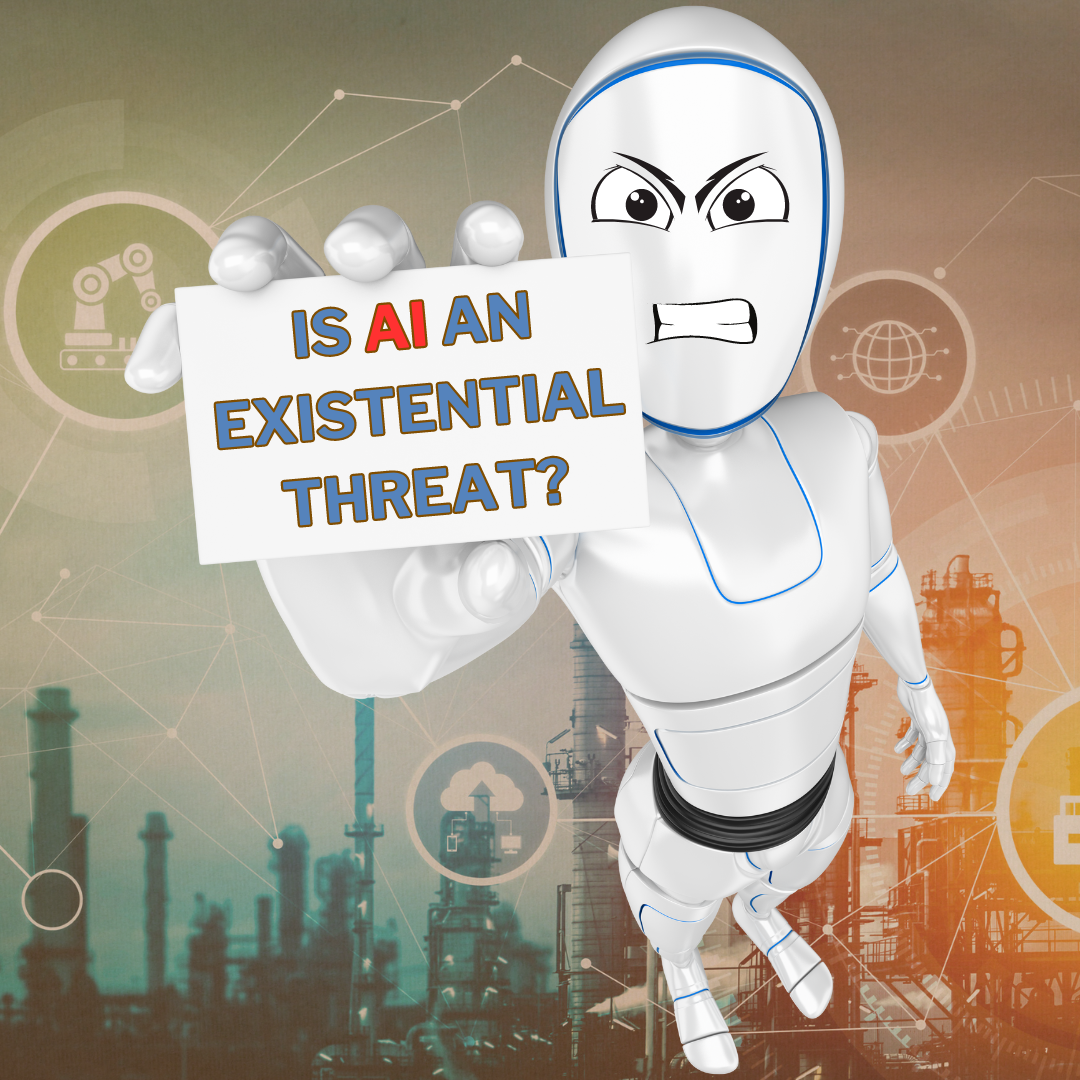Chatbots vs conversational ai
Artificial intelligence (AI) has transformed many facets of how people interact with technology in the modern digital age. Among these developments, conversational AI and chatbots stand out as essential instruments for improving user experiences, expediting procedures, and offering effective channels of communication. However, what distinguishes them and how are they different? Now let's explore the differences between conversational AI and chatbots.
Understanding Chatbots
Chatbots are computer programs designed to simulate conversation with human users, typically through textual or auditory methods. These automated systems are programmed to interpret and respond to user queries in a conversational manner. They operate based on predefined rules or algorithms and are commonly used in customer service, virtual assistants, and information retrieval systems.
Understanding Conversational AI
Conversational AI, on the other hand, represents a more advanced form of interaction between machines and humans. It leverages natural language processing (NLP), machine learning, and artificial intelligence to understand context, infer meanings, and provide personalized responses. Unlike traditional chatbots, conversational AI systems continuously learn from interactions, adapting and improving over time.
Key Differences Between Chatbots and Conversational AI
- Natural Language Processing: While chatbots may follow predefined scripts, conversational AI systems employ NLP to comprehend user inputs, allowing for more nuanced conversations.
- Contextual Understanding: Conversational AI excels in understanding context, enabling smoother interactions and more accurate responses compared to chatbots, which often struggle with context switching.
- Personalization and Human Touch: Conversational AI platforms can personalize interactions based on user preferences and historical data, providing a more human-like touch, whereas chatbots may feel more robotic and impersonal.
- Complexity and Flexibility: Conversational AI systems are inherently more complex and flexible, capable of handling multifaceted queries and evolving dialogues, whereas chatbots are relatively rigid in their functionalities.
Advantages and Disadvantages
- Chatbots:
Advantages: 24/7 Availability, Cost-Effective, Automating Repetitive Tasks
Disadvantages: Limited Understanding, Lack of Personalization, Dependency on Predefined Rules
- Conversational AI:
Advantages: Enhanced User Experience, Contextual Understanding, Personalization
Disadvantages: Initial Implementation Costs, Data Privacy Concerns, Complexity in Development
Use Cases and Industries
Both chatbots and conversational AI find applications across various industries, including:
- Customer Service
- Healthcare
- E-commerce
- Banking and Finance
- Education
Future Trends and Development
As technology continues to evolve, the future of chatbots and conversational AI holds promising advancements, including:
- Integration with Voice Assistants
- Enhanced Personalization
- Industry-Specific Solutions
Conclusion
In conclusion, while chatbots and conversational AI serve similar purposes in facilitating human-computer interactions, their underlying technologies and capabilities differ significantly. Chatbots offer basic automation and assistance, while conversational AI systems provide more sophisticated, context-aware experiences. Understanding these distinctions is crucial for businesses and organizations looking to leverage AI-driven solutions effectively.
FAQs
- What is the main difference between chatbots and conversational AI?
Chatbots follow predefined rules, while conversational AI employs advanced technologies like NLP and machine learning for context-aware interactions.
- Can chatbots evolve into conversational AI over time?
While basic chatbots may not evolve into conversational AI, they can be upgraded or replaced with more advanced AI systems.
- Are there any privacy concerns associated with conversational AI?
Yes, conversational AI systems may raise privacy concerns due to the collection and processing of user data for personalized interactions.
- How do businesses benefit from implementing conversational AI?
Businesses can improve customer satisfaction, streamline processes, and gain valuable insights into consumer behavior through the implementation of conversational AI.
- What industries are leading the adoption of conversational AI?
Industries such as healthcare, finance, and e-commerce are among the leaders in adopting conversational AI to enhance customer experiences and optimize operations.




